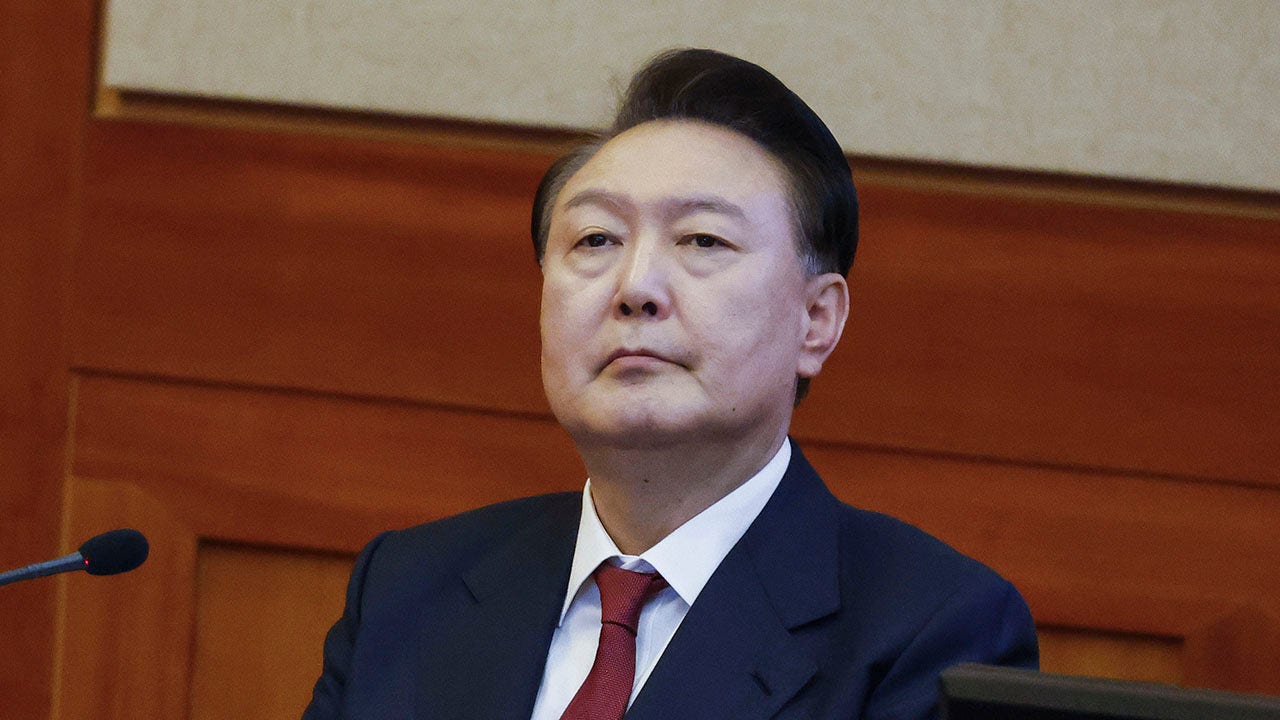International aid has been pouring in to Myanmar since a massive 7.7-magnitude earthquake on Friday left a trail of death and destruction in the impoverished, conflict-stricken country.
The death toll from the quake jumped to over 2,800, with a further 4,639 wounded, according to Myanmar state-run television on Wednesday.
The full scale of the calamity, however, still remains unclear, and the toll is likely to rise.
A number of countries, including India, China and Russia, have sent relief materials and teams of aid workers to assist Myanmar authorities in the rescue and relief operations.
Search and rescue operations are ongoing.
Desperate need for aid
Aid agencies say there's an urgent need for water, food, shelter, medical supplies, sanitation and other services in the quake-hit areas.
Myanmar humanitarian crisis deepens days after quake
The entire town of Sagaing, near the quake's epicenter, has been devastated, said Khin Ohmar, an activist and founder of the human rights organization Progressive Voice of Myanmar.
"Sagaing, the epicenter, the city can be accessed from the Irrawaddy River from the Mandalay side, but beyond, the whole Sagaing region has been largely impacted, people have no access to aid," she noted.
"There are places that the media or rescue teams are still unable to access. The only aid reaching the victims and impacted communities is mostly coming from the people themselves. It's devastating."
The quake also inflicted severe damage on Naypyitaw, the country's capital and a military stronghold, where it even caused the air traffic control tower at the international airport to collapse.
Aung Thu Nyein, a Myanmar political analyst, said "there is chaos" in the city.
"There are no rapid response teams. Officially, a national disaster management committee is organized on paper, but I see no operation like this," he told DW.
Khin Ohmar also cast doubts about the junta's ability and inclination to deliver the aidto those in need.
"What we see is this international aid is going to be transferred either as cash or in kind into the hands of the Myanmar military," she said.
"Myanmar Red Cross, and Myanmar Natural Disaster Organization — two entities that are affiliated or under control of the Myanmar military — we believe they are going to be managing the international aid," she told DW. "It's a grave concern. It's been five or six days and the international aid is not reaching the people."
Ongoing violence poses a challenge
Access to the worst-hit areas has been hindered by not only destroyed roads and patchy telecommunications, but also continuing violence between the nation's ruling military junta and a patchwork of armed groups opposed to its rule.
UN agencies and rights groups have urged all sides in the civil war to stop fighting and focus on helping those affected by the quake.
The opposition National Unity Government (NUG) said anti-junta militias under its command would pause all offensive military actions for two weeks from Sunday. The NUG includes remnants of the elected civilian government ousted by the military in a 2021 coup that triggered the civil war.
Late Tuesday, an alliance of three of Myanmar's most powerful ethnic minority armed groups also announced a pause in hostilities to support the humanitarian efforts.
But there have been multiple reports of military air strikes against rebel groups in recent days.
Khin Ohmar said the air strikes are inhibiting local communities from helping those in need.
"In Sagaing, these strikes are severely impacting the missions and further risking the lives of impacted communities, including survivors and volunteers."
Putting regime survival over people's needs?
Richard Horsey, senior adviser at the think tank Crisis Group, said delivering aid to those in need is a huge challenge in the current situation.
"There are check points and restrictions on goods going into contested areas. Those weren't set up to intercept earthquake aid, and they're just still there," he pointed out.
"Airstrikes don't directly affect relief efforts. But they create a context in which it's clear the regime isn't willing to pause its attacks, which raises other worries in people's minds," he added.
Years of conflict compound Myanmar quake disaster
Zachary Abuza, a professor at the National War College in Washington who focuses on Southeast Asian politics, slammed the Myanmar military's actions.
"The military seeks to take advantage of this horrific humanitarian catastrophe," he told DW.
"The diplomatically isolated junta is able to garner international support. They are weaponizing aid and going to great lengths to deny humanitarian assistance from getting to regions outside of their control," he added.
The junta, however, declared a temporary ceasefire late Wednesday. The announcement was reported on state television MRTV, which said the truce would run until April 22.
Indonesia sends Myanmar aid after rare plea from junta
Edited by: Srinivas Mazumdaru

 By Deutsche Welle (World News) | Created at 2025-04-02 15:31:37 | Updated at 2025-04-04 02:58:46
1 day ago
By Deutsche Welle (World News) | Created at 2025-04-02 15:31:37 | Updated at 2025-04-04 02:58:46
1 day ago








